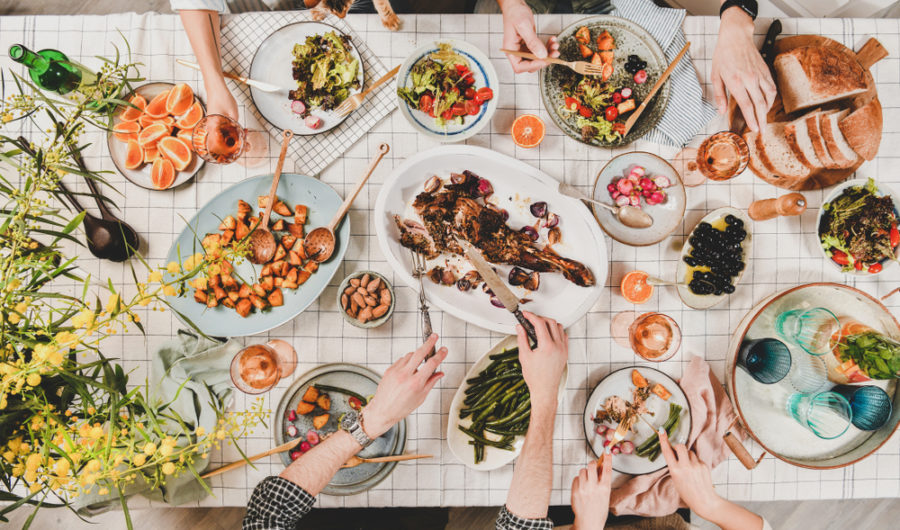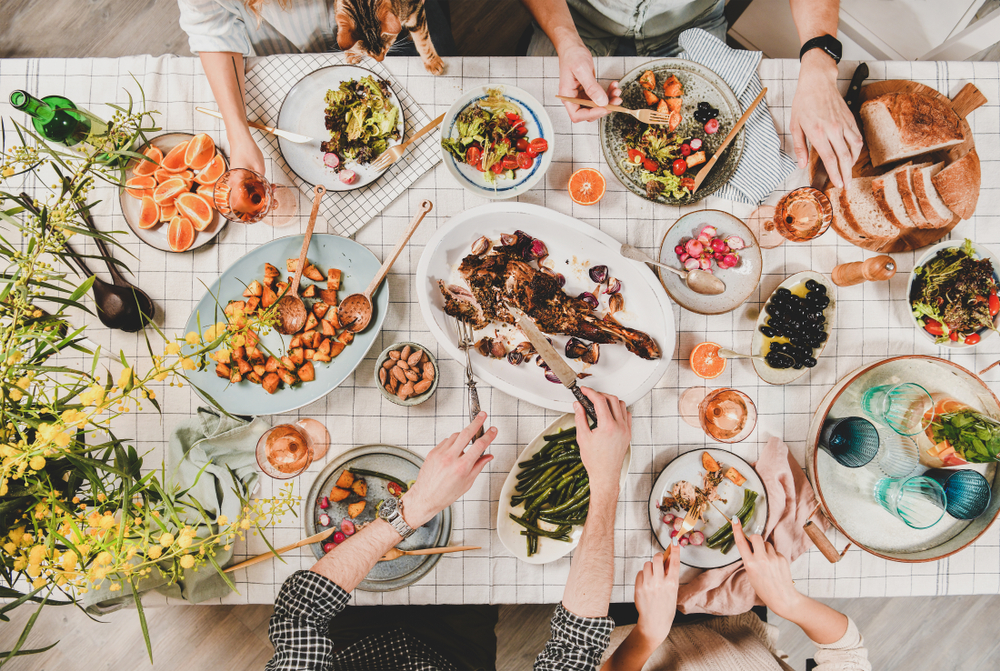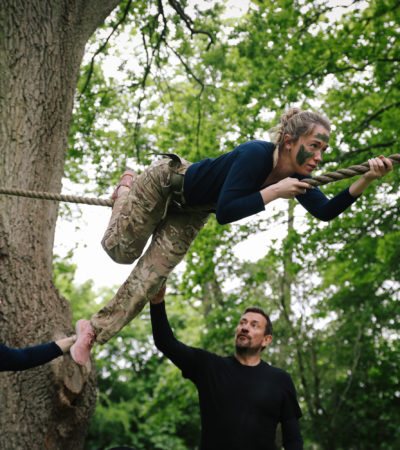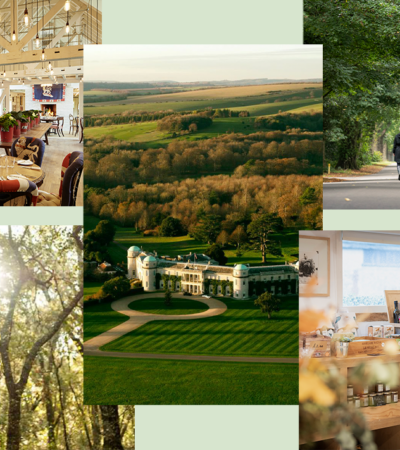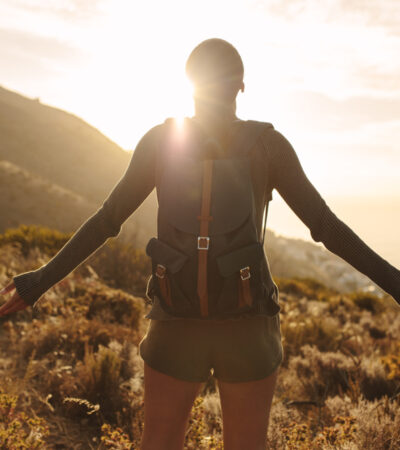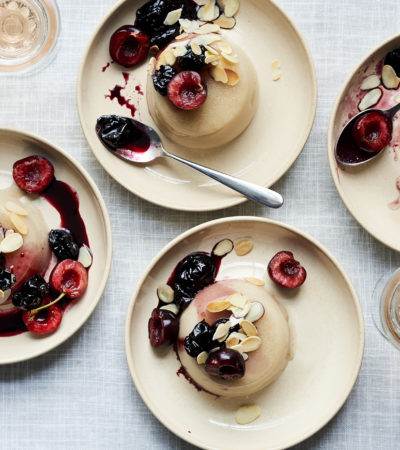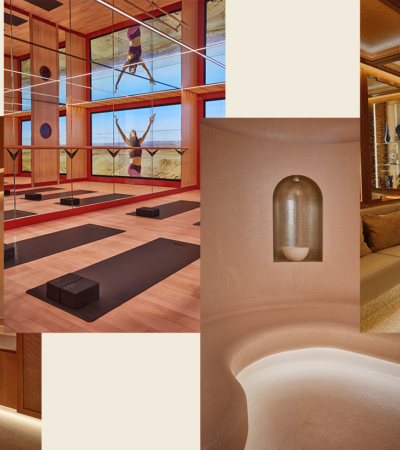Sustainability is a HUGE topic that covers what seems like every aspect of our lives. Eating, shopping, consuming and travelling are just a few daily occurrences where we have the ability to choose more sustainable options. One thing we’ve learnt is it’s virtually impossible to be perfect at everything. That in itself is not sustainable for many people but what we’ve witnessed countless times, especially on social media, is that many people feel and experience pressure to do everything absolutely 100% sustainably or don’t bother. This attitude is all wrong! While someone might be required to travel a lot for work, they can make a difference in other ways like meal-prepping so they don’t use unnecessary plastic buying packaged food at airports. Another person might still eat meat but they have a vegetable patch in their garden which allows them to grown and consume their own produce, thus reducing their need to buy shop-bought veg covered in plastic.
One company doing their part for promoting more awareness of sustainability is Abel & Cole. Their fruit and veg boxes have graced the doorsteps of homes across the UK since 1989 and their approach to shopping and eating as environmentally friendly as possible has given them a loyal customer base. We sat down with their “green expert” Ed Ayton to discuss their approach to buying and eating sustainably.
Can you explain the work that you do with Abel & Cole?
I’m head of Abel & Cole’s Green Team, and we raise environmental awareness and engagement throughout our business to ensure that we live and breathe what we do. From litter picks on our local nature reserve to DIY coffee scrub workshops, rarely a week goes by without activity happening somewhere, and they’re always well-subscribed. We also work to ensure no stone is left unturned in making our service the most considered choice our customers can make, regularly reviewing our policies and decisions, from packaging to palm oil, to maintain the highest standards of environmental responsibility.
It’s very difficult for any company to be completely sustainable so can you tell us a bit more about what aspects you focus on when it comes to being environmentally conscious?
We’re very much about helping people minimise their impact on the planet with the food choices they make. Everything Abel & Cole sells is either organic or responsibly sourced from the wild, our deliveries are made with industry-beating efficiency, we minimise our packaging and collect it from our customers and we find a good home for any food we don’t sell. The important thing though is never to say ‘job done’, because when it comes to sustainability there is always a better way of doing something and we’ll continue to challenge ourselves on what could be improved.
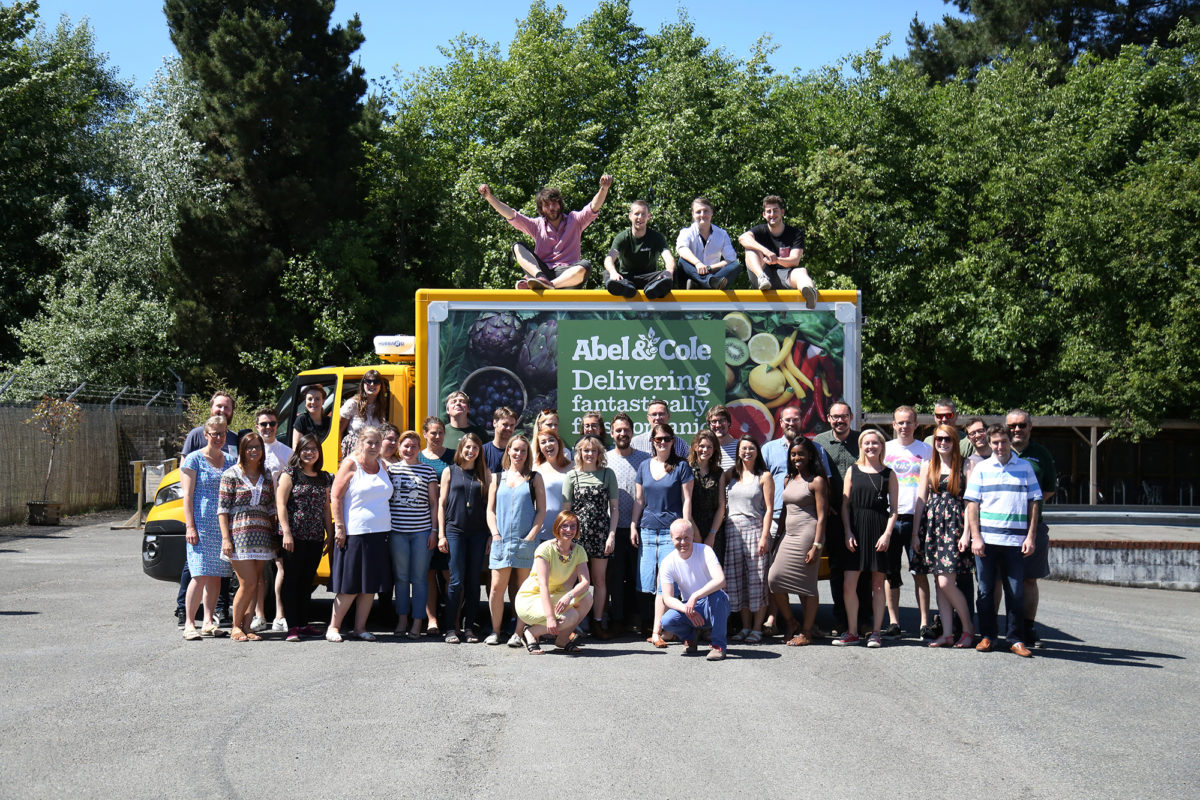
What has been the biggest challenge in Abel & Cole’s journey towards reducing their carbon footprint?
As a delivery service, transporting our produce with minimal impact is a big one. It’s why we never air-freight anything, only deliver to an area on one day a week and start very early in the morning to beat the traffic, all in the name of keeping our deliveries as efficient as possible. Delivering on a round like the milkman does, instead of working to delivery slots, means we can make on average twice as many deliveries per van as many of our competitors, keeping emissions to a minimum and the food that much fresher.
Let’s talk plastic! In a nutshell, why is it so bad for the environment?
Plastic isn’t necessarily an evil material in itself, it helps to keep food fresh and helps people to reduce waste – but the way we value and treat it, and the resources we devote to processing it, need to change. Being light, durable and waterproof has made plastic a universally popular material, but these same properties also make it incredibly persistent in the environment and it’s become a terrible pollutant.
On the topic of plastic, we’d love to know more about the packaging you use. How does it work at Abel & Cole?
Our fruit and veg boxes use 71% less plastic than buying the same organic produce from supermarkets, and if our customers aren’t able to recycle our packaging in their area, we’ll pick it up on their next delivery day and recycle it for them. The first step is minimising the packaging we use whenever we can, for example, by sending produce loose in boxes or designing a product differently. We don’t use unnecessary packaging for marketing purposes, and as all of our produce is organic we don’t need to use anything to avoid contamination from non-organic products – in contrast to all the big supermarkets who have to do this. Sometimes an item will require a bit more protection to maintain its quality and avoid food waste, so in these cases, we’ll look at alternatives such as our compostable carrot bags, or if it requires chilling we’ll use recycled wool instead of polystyrene.
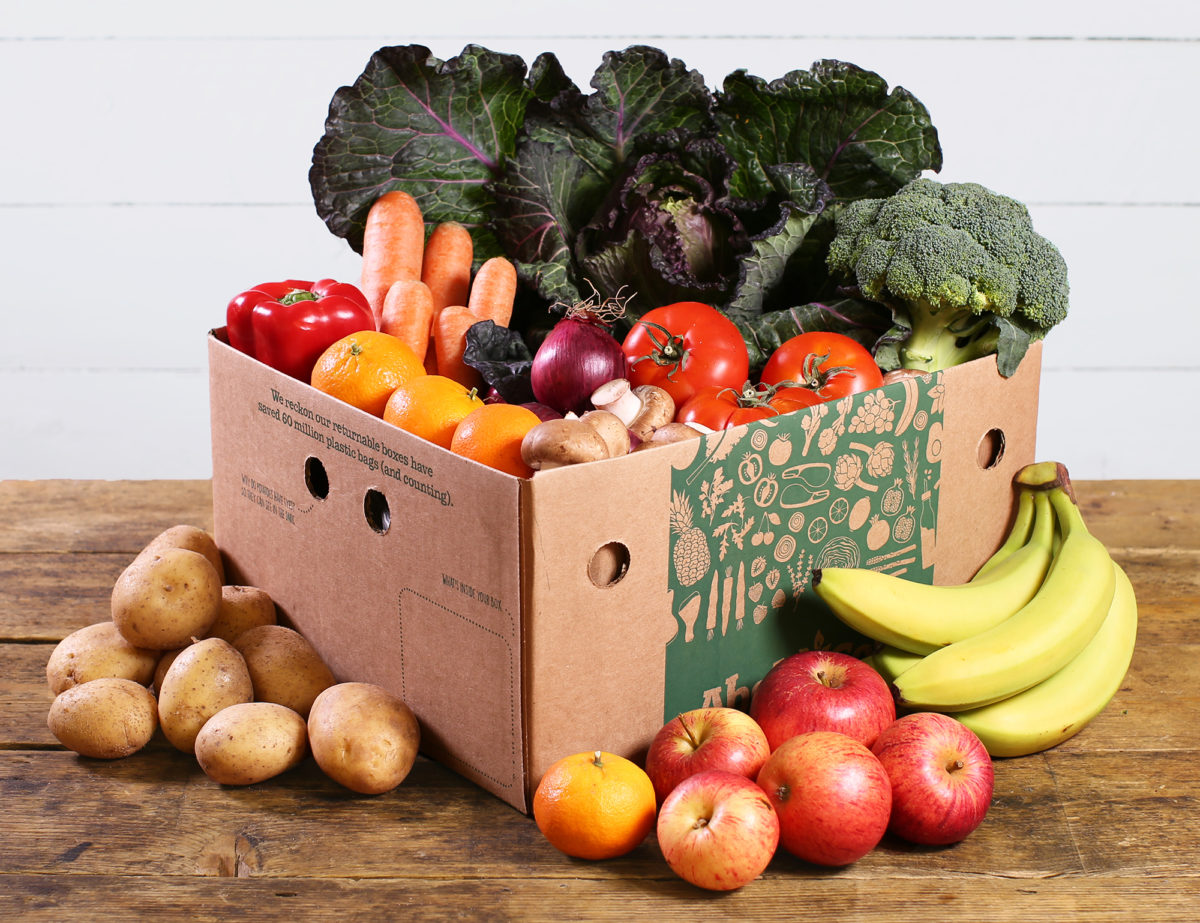
How do you work with your suppliers? Do you try to source produce as locally as possible?
We only work with people who share our values, and working directly with them means we can be sure they’re living them. It’s always been important to us that every business decision works for everyone involved, and we’ve cultivated many long relationships based on trust and mutual benefit. Some of our suppliers have worked with us for almost 20 years. We’ve helped businesses through their organic certification, like our Dorset-based blueberry farmer, or if they want to expand their operations we’ll offer financial assistance (accepting repayment in produce if needs be…). We always prioritise British produce where we can, and working with so many great suppliers means we can offer our All British Veg Box throughout the year. We do source produce from further afield, but only if the energy required to grow it in the UK becomes prohibitive, and we never air freight.
Could you share some easy-to-implement lifestyle changes that can reduce one’s impact on the planet?
The easiest way to change the world is to change the way we eat, and by choosing produce that’s grown organically you’re preserving soil health and its carbon-storing qualities, biodiversity, farmworker welfare and more, all with one easy switch. Another change that I’ve found really easy to implement, with benefits on a daily basis, is carrying a re-useable water bottle. It’s a great example of a sustainable alternative that saves money and takes the edge off some of the 7.7 billion single-use bottles bought in the UK every year. Being sustainable isn’t difficult, but it doesn’t happen overnight. Make changes you’re comfortable with, at a pace that suits you, and share your experiences with everyone you can.
What’s Abel & Cole’s overall goal/mission for the future?
Eventually, we’d like everyone, everywhere, to live organically, for their own health, the health of our farmers and the health of the planet. The more people who eat organic food, the more land will be farmed organically, and the benefits that would bring are endless, from richer biodiversity and the ecosystem services they provide to healthy soils and their role in mitigating climate change.
To discover more about Abel & Cole’s fruit and veg boxes and their online grocery store, visit Abelandcole.co.uk

